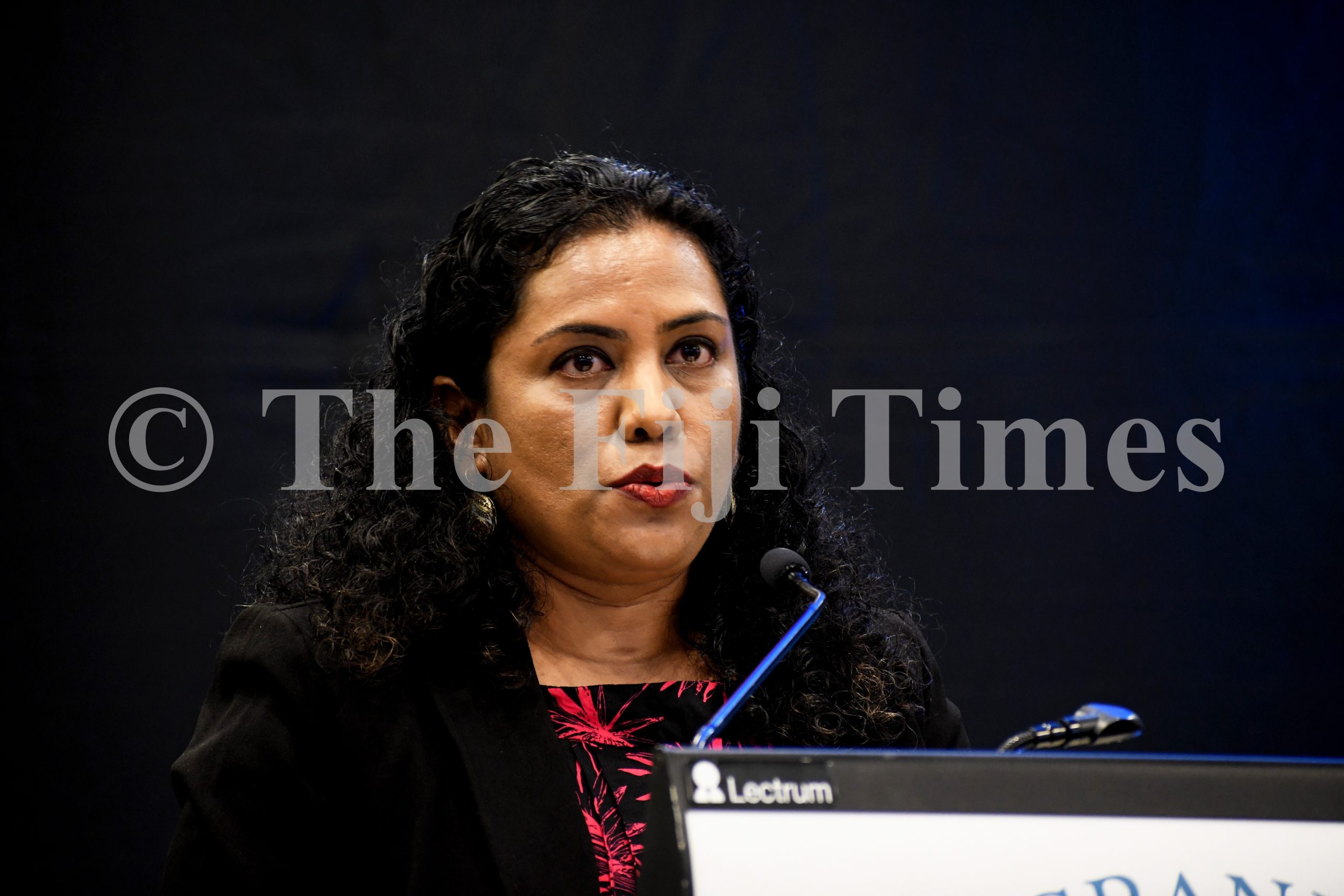Save the Children Fiji has strongly condemned renewed calls for the reintroduction of corporal punishment in schools and homes, warning that such practices are illegal, unconstitutional, and harmful to children.
The statement follows comments from members of the Fijian Teachers Association, who suggested bringing back the use of leather belts in classrooms.
Chief Executive Officer Shairana Ali said such remarks are deeply concerning and amount to a violation of children’s rights.
“Anyone who publicly calls for children to be beaten with leather belts in schools is not only violating our laws, but also committing a serious child safeguarding breach,” Ali said.
“Such remarks risk inciting violence against children and carry legal and professional liability. Let me be clear—this is not a debate. Corporal punishment is banned. Full stop.”
Save the Children Fiji reiterated that corporal punishment is explicitly unlawful in all schools under Fijian law and court rulings, and breaches Section 41 of the Constitution, which protects children from cruel, inhumane, or degrading treatment.
Ali said Fiji’s commitment to the UN Convention on the Rights of the Child (CRC) further obligates the country to protect children from all forms of violence.
“We cannot go backwards. Violence is not discipline. The law is clear, and so is the science that corporal punishment harms children physically, emotionally, and developmentally,” she added.
According to the MICS Plus 2024–2025 survey, 68 percent of Fijian children aged 1–14 experience violent forms of discipline, including physical punishment and psychological aggression. Rural and iTaukei children are disproportionately affected.
A separate nationwide consultation reported in The Fiji Times today also revealed that 60 percent of respondents supported retaining corporal punishment in the Education Act.
“While these survey results show entrenched attitudes toward corporal punishment, they also highlight how much work is needed to educate and shift mindsets,” Ali said.
“No child should grow up in fear or pain. We need to move decisively towards non-violent, respectful discipline.”
“Let’s raise children with respect, not fear.”
“Protect Our Children — Speak Up, Reach Out, Report.”



